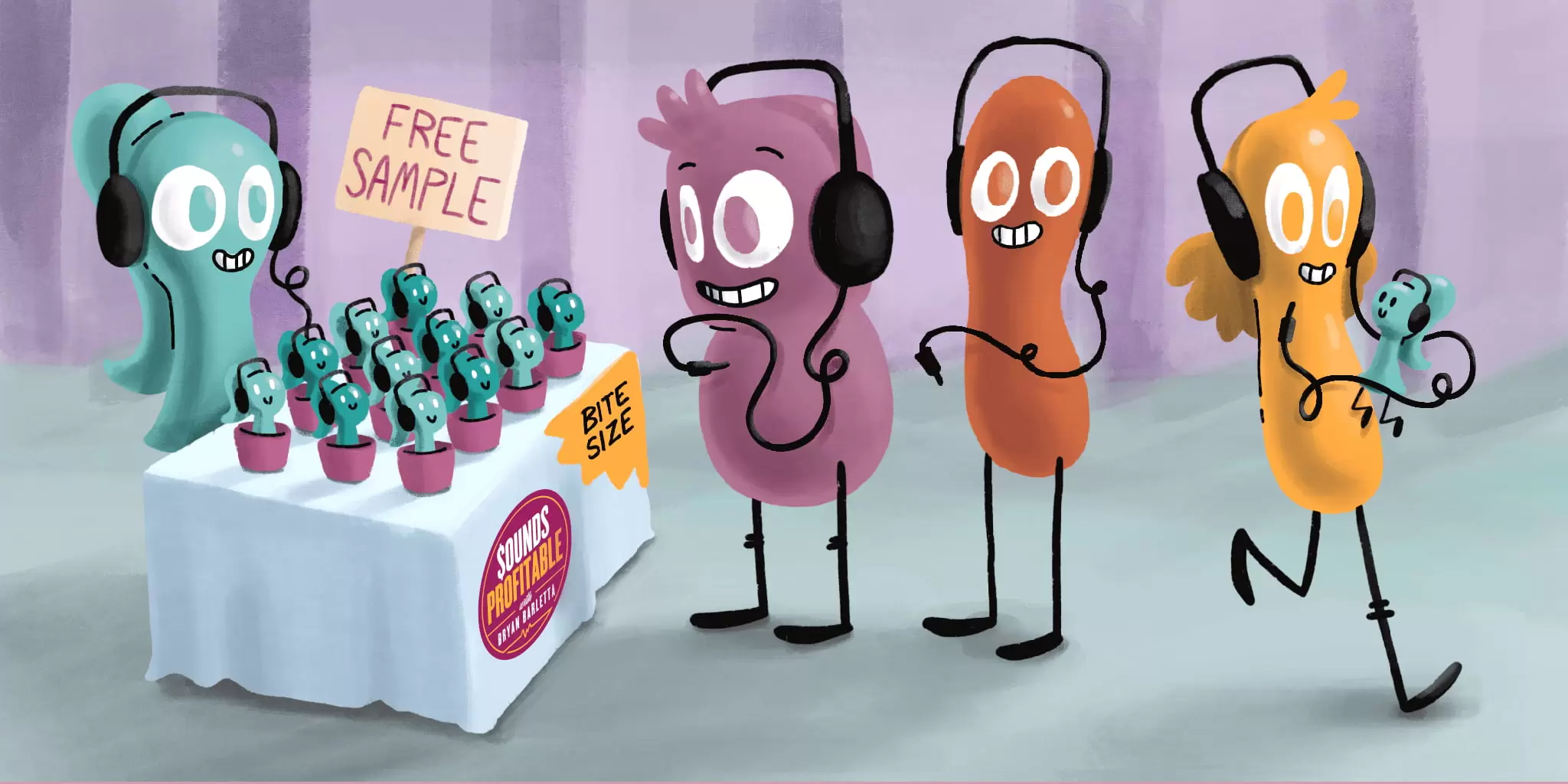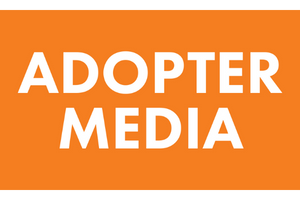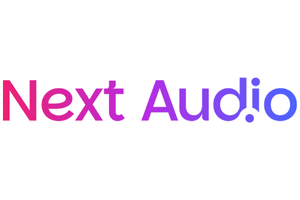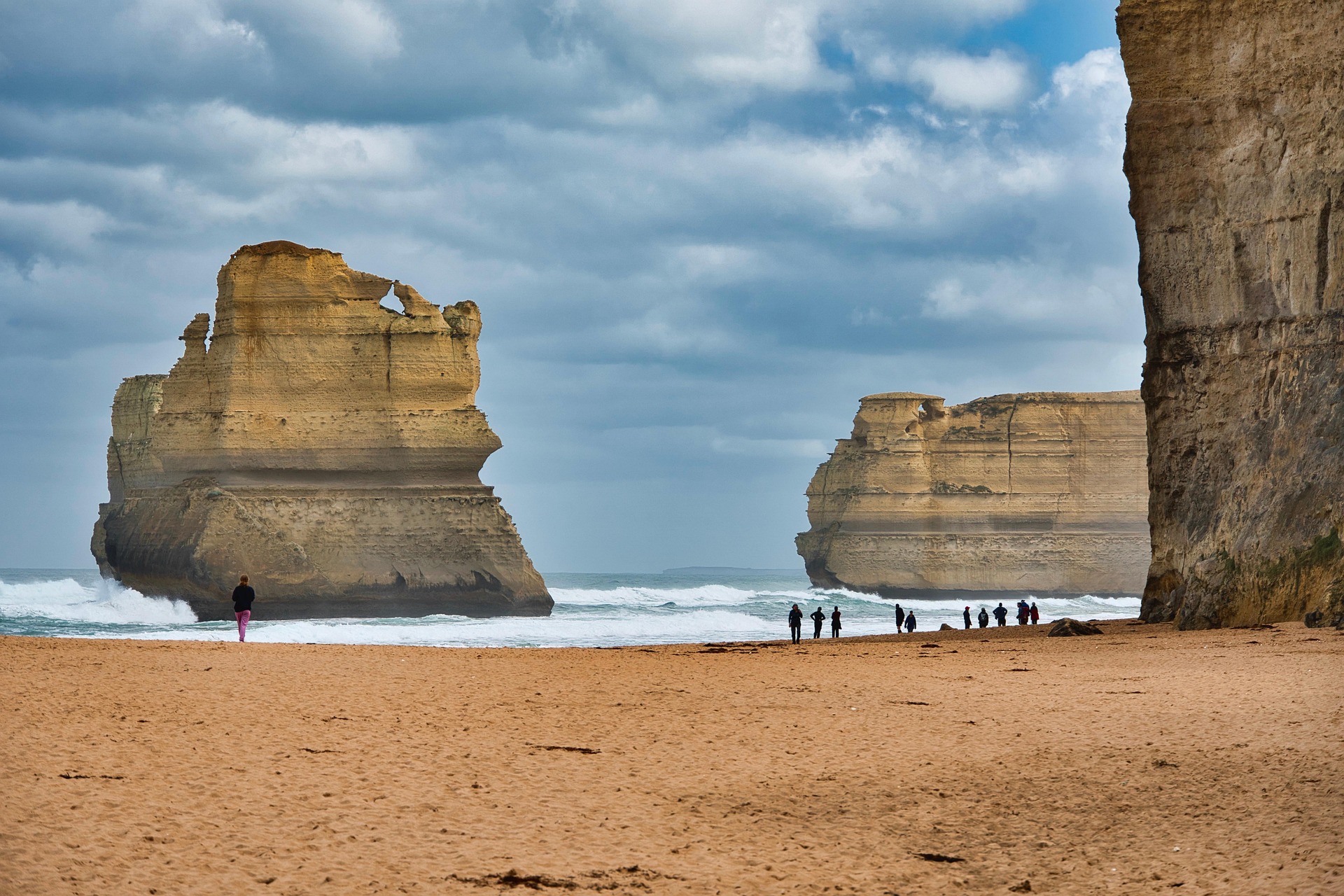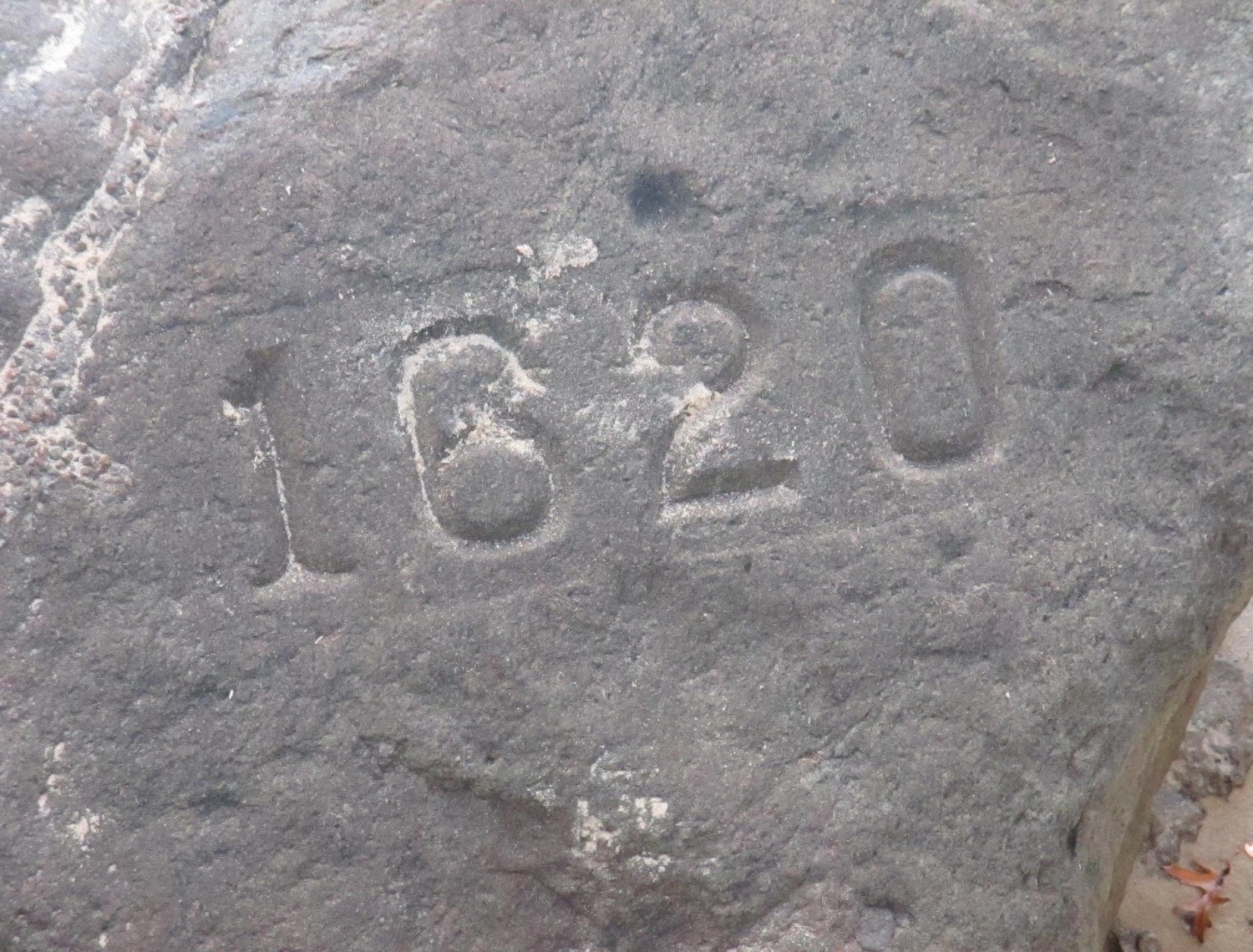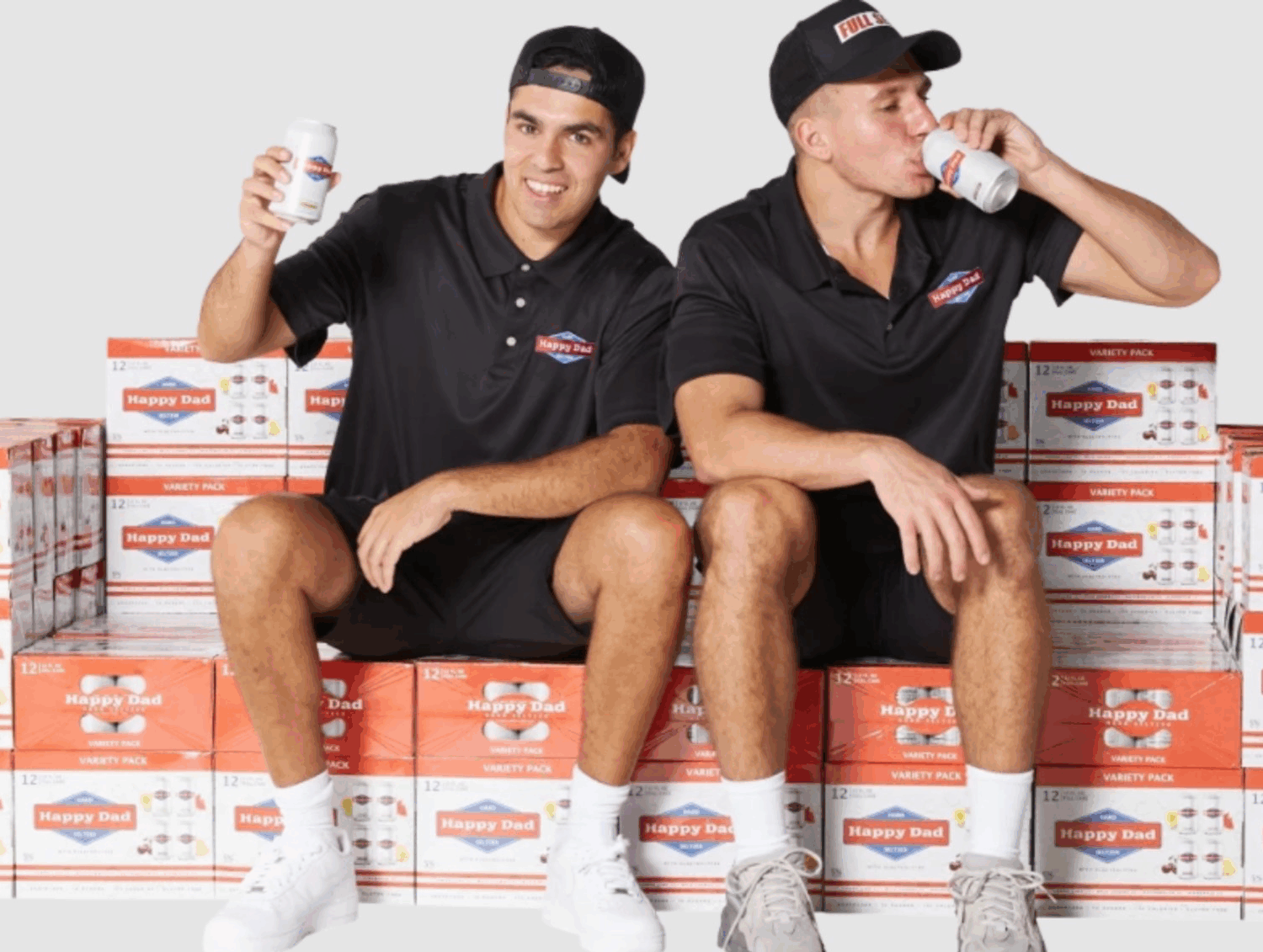Check out the latest episode of the Sounds Profitable podcast, with guest Dave Zohrob, CEO of Chartable, as we discuss what makes downloads unique for Apple Podcasts for watchOS.
Introduction
In September 2020, NPR announced they’d figured out a way to localize their national podcast episodes.
If you listen to the podcast Consider This and you’re geographically close enough to one of 12 NPR affiliate stations when you download the episode, you’ll hear a special, localized segment from your local NPR affiliate along with the core global content.
Everyone hears the same first 12 minutes or so: The hook, the sponsor message, and then the meat of the episode itself. But for all downloads that happened in those 12 local markets, that content is “trailed” by a localized episode. It follows the same format—hook, localized sponsor message, and localized content—for roughly four additional minutes.
In effect, NPR brought a decades-old practice from radio and television into podcasting: syndication. Combining content from local and national sources together to provide an appealing combination for the listener, while offering them even more content to engage with.
One thing to keep in mind is that this is a different definition of syndication than most podcasters are used to. So if you’re still thinking of the second S in RSS, think a little differently for the remainder of this article, because the two definitions are markedly different.
Syndication in Action
I’m a big fan of putting my money where my mouth is, as well as stretching the limits of what podcast adtech can enable. To that end, if you’re listening to any episode of the Sounds Profitable podcast this week, you’ll hear it in action. Specifically, that episode will feature two pieces of syndicated content created by two highly respected individuals in the podcasting space—James Cridland and Evo Terra—and delivered to you using dynamic insertion.
At the beginning of the episode, you’ll hear me say:
I know that you’re listening to Sounds Profitable because podcast adtech is important to you. It’s important to me that you are kept up to date on the latest news from the entire podcast industry. To help with that, here’s what happened last week, no matter when you’re listening, from James Cridland at Podnews.
Followed immediately and voiced by James:
For Sounds Profitable, here’s this week’s podcast news from podnews.net
Megaphone hosts more popular podcasts than anyone else according to Chartable: they also revealed that there were almost two new podcasts launched every minute last year
What have Bill Clinton and Paris Hilton got in common? They’ve both launched podcasts this week.
And it’s been a week of financial results. The New York Times made $36m from podcasts in 2020; Spotify saw a 24% growth in subscribers – and say a quarter of them now listen to podcasts in the app; Acast’s programmatic ad sales revenue grew 215% in 2020; and Sirius XM’s Pandora business, including AdsWizz, Stitcher and Simplecast, saw ad revenues drop by 1% during the year.
This update is brought to you by Podcast Movement, in Nashville, or virtually, this August. Register now at podcastmovement.com
And that’s the latest from your daily briefing newsletter at podnews.net
Now, I could go and try to recap last week in Podnews myself, but honestly, that’s spreading myself too thin. I also don’t have credibility in 90% of what’s covered in the general podcast industry newscape, so why should you listen to me about it?
But James is an expert in the podcasting industry. And he’s already covering all of this content. By syndicating content from him, which he customized specifically for Sounds Profitable, everybody wins. I get some of James’ credibility and value transferred to my show.
My listeners get to hear valuable things they really need to know about. And James enjoys additional reach. Win-win-win!
After the interview, added into the wind-down of the show, you’ll hear me say:
And stick around for some special bonus content at the end of the episode. I’ve teamed up with Evo Terra to give you a minute-long, strategic thought that is guaranteed to shift your perspective on the present and of future of podcasting, as we all work to make podcasting better.
And when we get to the absolute end of the episode, it’ll kick over to Evo, who’ll say:
For Sounds Profitable, I’m Evo Terra, and this is your Minute of Pod Zen.
Are you a good ambassador for podcasting? Not for your own podcast, but for all of podcasting? 2/3rds of the population still do not listen to podcasts. And while most people have listened to at least one episode, most of them were disappointed by what they heard.
But you can change that the next time a non-podcast listener asks you for a podcast recommendation. Instead of pimping out your own show or suggesting they listen to the most popular podcast in the world, give them an IHNI.
I H N I. It stands for I Had No Idea. And that’s just the feeling you want the recalcitrant listener to have. You want them to say “I had no idea podcasts could be this great!”
So make your list of IHNI shows and keep them at the ready. I have more thoughts on the topic on my website, PodcastPontificiations.com. For Sounds Profitable, I’m Evo Terra, and this has been your Minute of Pod Zen.
Once again, I could have summarized the points Evo made on that complete episode of his podcast and baked them into my episode, sort of like I do in the homework section at the bottom of every issue of the newsletter. But did I mention spreading myself too thin? And am I really the guy to wax poetically on more heady podcasting topics?
But four days a week, Evo wakes up and does that very thing with a new episode of Podcast Pontification, usually before I’ve even had my first cup of coffee. Evo, who proclaims himself as podcasting’s philosopher, is a highly experienced podcaster, and is well respected across the industry. He asks tough questions of his audience and provides guidance on how to approach a solution. These questions might have a tilt towards those actually making podcasts themselves, but after launching the Sounds Profitable podcast, let me tell you that everyone can benefit better from understanding all sides of the industry.
Again, Evo created a custom version of his syndicated content just for Sounds Profitable, lending my show his credibility by association, providing my listeners valuable content to end the episode on, and giving him additional reach. If we’ve done our jobs right, it might just encourage you to listen all the way to the end for the after-credits goodness.
This might just make me rethink my views on post-roll after all.
Understanding The Value
The value to Sounds Profitable in this scenario is crystal clear.
By making space for two 1-minute-long spots in my show, ones specifically configured for this type of content and not cannibalizing an ad placement, I’m able to provide my listeners information that I personally find valuable and know they will too. I’m able to present to my listeners an even deeper connection between me, James, and Evo, which adds to my overall credibility by association.
But why would they go through the trouble of making a new bit of content that won’t run on either of their existing shows?
Cross Promotion
Since both the Podnews and Sounds Profitable websites are handled by the same backend, James sometimes provides statistics to help us understand the overlap between our two audiences. It makes perfect sense why not all Podnews subscribers are not also subscribed to Sounds Profitable, but it’s pretty shocking to me that not all Sounds Profitable subscribers follow Podnews.
Now, I could just run this as a 60-second ad for Podnews. Cross-promotional instances like this are quite common in podcasting. But I’m already encouraging people to subscribe to Podnews. So why would I want an ad when I could instead serve some lightly-branded content that’s pure value to my audience?
Additional Reach
Evo’s Podcast Pontifications is very niche. Sure, he’d love it if every working podcaster who wants to make podcasting better listened to his show, but that’s just not realistic.
By utilizing the right tech setup, which we’ll explain below, Evo can easily and confidently measure the additional reach he’s generating by syndicating this special content to my podcast—and any other podcasts who also wish to run it! With a few key PAPs—podcasts about podcasting—participating, Evo’s thought-provoking content could enjoy much broader reach than just the niche audience his podcast serves.
Sponsorship
The Podnews syndicated content ends with a very tasteful ad placement:
This update is brought to you by Podcast Movement. The world’s largest podcast conference this August in Nashville, Tennessee. Register now at podcastmovement.com. And that’s the latest from our newsletter at Podnews.net.
The first episode of the podcast version of Sounds Profitable cleared nearly 400 downloads in the first week, so with fingers crossed we could hit 2,000 downloads in the first month. At $30 CPM, that’s $60 James can earn from the ad placement in his syndicated content. But let’s think a little bit bigger.
What if 10 podcasts the size of Sounds Profitable pick up the syndicated content? Now we’re talking about 20,000 impressions of the syndicated content and the accompanying sponsor mention, or $600. That one piece of additional content James creates each week now has the ability to earn him a few hundred to thousand dollars extra a month. And I get it free.
Smart Speakers
You’ll notice Evo calls the bit of syndicated content he’s providing me a “Minute of Pod Zen”. That’s because he also wants to make the same content (minus the “for Sounds Profitable” branding) available as an Alexa Flash briefing or on other similar devices. This allows him to gain even more reach for his thoughts and ideas, only this time when the audience is brushing their teeth. So now this new, unique piece of content has two uses for him, bringing even more value.
With a good understanding of why podcasters should consider syndicating content in a similar fashion, let’s dig deeper into how to actually accomplish it.
Important Safety Tips, Podcaster
The first thing I want to stress is that there are definitely low-tech ways to make this happen, but they’re quite manual and don’t lend themselves to re-use or flexibility. And they’re nearly impossible to track with any degree of certainty.
The second item worthy of stressing: it’s very important to vet the publishers you’re going to syndicate your content to. Just like an advertiser wanting to protect their brand, podcasters offering syndicated content need to do so as well. So make everyone apply to accept your content, even if it’s only so you know where your words wind up.
Evo took a head start, building a landing page for his syndicated content to explain the value to podcasters looking to add in his Minute of Pod Zen. James and I are a bit less fancy at the moment, so just hit reply if you’d like to collaborate.
How To Feature Syndicated Content In Your Podcast Episodes
To provide syndicated content correctly, you need to build your campaign on a platform that allows you to create VAST URLs. VAST stands for Video Ad Serving Template, but a few years back DAAST, or Digital Audio Ad Serving Template, was merged into the same spec. It’s a bad acronym for a great technology that allows dynamic content to be shared across compatible systems. But the short of it is, it works perfectly for audio and podcasting and when used this way, has nothing at all to do with video.
Here’s how I set up Whooshkaa, the podcast hosting company that sponsors the Sounds Profitable Podcast, to handle those short syndicated segments.
On my side as the podcast host, I create a campaign called “Syndicated Content”. You can call yours whatever you like. I did it this way to keep this clear from the other crazy dynamic insertion experiments I’m running. But instead of asking James and Evo to send me their .mp3 files each week and then uploading them into that campaign, I’m instead adding VAST URLs from them.
On their side as the ones providing the syndicated content, they each have created campaigns in their own podcast hosting platform that allows them to provide VAST URLs to me. They could use Whooshkaa, Adswizz, or Triton Digital. It doesn’t matter to me. All I want from them is their VAST URL. To generate those URLs, they load their .mp3 files into that campaign and export the URLs. It’s literally click-of-a-button easy.
Finally, I take the VAST URLs they supply, which point to their hosted .mp3 files, and add them to my campaign in Whooshkaa. Inside my episodes, I associate a dynamic insertion point with my Syndicated Content campaign.
And when you request the download of this week’s episode, whether you’re subscribed to the show or streaming the episode, my ad server kicks into action, assembling your episode using my “base” content, the dynamic insertions I’ve loaded to my host, and the two bits of content I’m syndicating from James and Evo. All done in microseconds.
The benefits to syndicators are—pun intended—vast.
- Syndicators will know the exact reach of their content. When Whooskaa calls the VAST tag to build my episode, that’s a counted impression for the campaign the syndicator setup with their hosting provider.
- These are IAB-certified numbers, as any hosting provider that has enabled VAST URLs is also likely to have gone through IAB certification.
- The syndicator has full creative control over the files they are syndicating. As a publisher, I don’t even get to hear the ad unless I too download the full episode of my show.
- The syndicator can add whatever analytics or tracking pixels they want on their side, without requiring me to do a thing on my end. All of this allows me to add new podcasts into the mix with minimal effort and manage all of my reporting in one place.
While there are many podcast hosting platforms that offer dynamic ad insertion and accept VAST URLs, Whooshkaa, Triton Digital, and Adswizz are the three partners I’m familiar with that will let you generate a VAST tag from your campaign. If others are out there, please let me know!
Wrapping It Up
The value trade in a syndicated relationship is really clear. One side gets content that they want to be associated with and the other side gets additional reach and other tangible benefits.
I’m constantly shocked that inside of existing podcast networks, we’re not already experiencing this type of implementation instead of the honestly dull promos we usually get.
Imagine Pod Save America kicking off with the headlines section from that day’s episode of What A Day. Or an episode of My Brother My Brother and Me ending with a quick tip from Shmanners.
If it’s content, it doesn’t need to eat up an existing ad placement. You can very reasonably make room for it where it makes the most sense instead of banishing it to post-roll prison. Instead, tee it up like the after-credits scene in a Marvel movie.
Outside of networks, distributing syndicated content is such a great way to offer more to your listener within your niche. And you can easily get more or less specific depending on how your podcast is structured.
And my absolute favorite part? There are some people out there with amazing newsletters and no podcast, whose syndicated, short-form content would be in high demand by podcasters to be used how I did, or maybe even as something to build an entire episode around.
We’ve barely scratched the surface of creative ways to use podcast adtech. Let’s keep this momentum rolling.
Want to include the Sounds Profitable, Podnews, or Podcast Pontifications syndicated content in your podcast? Hit reply and we’ll get you set up!
Homework
Podcast adtech excites me on its own almost as much as teaching others about it does. This space is absolutely accessible to anyone who wants to learn, and it’s important to me not only to share my knowledge with you but to help you ask questions to further your own understanding. Below are some questions to think about after you’ve read the article, and to consider sending to any relevant partners you work with to get their answers.
- Could your podcast benefit from including syndicated content?
- What information are you not providing them, that they could benefit from hearing from a source other than you?
- Could your existing content, podcast or otherwise, be valuable to other podcasters to insert into their show?
- What makes you unique and offers them value for you including them?
- If you run a network, what’s prevented you from trying this previously?
- Will you explore it now?
- If you’re an advertiser, how valuable is that additional reach, outside of the show you’re already working with.
Sounds Profitable will never charge our readers to learn from us, but several individuals have asked about supporting us directly. You can find out more about our individual sponsorship at our Patreon.
New Sponsors
Support from our amazing sponsors is truly the only way that Sounds Profitable could exist. They provide me the means to stay completely independent, allowing me to fully write about all aspects of this industry without being bound to any one company. With that said, I’d like to introduce you to our latest sponsors:
This week, I’m proud to announce three individual sponsors, all people who I really appreciate and you should get to know.
- Lauren Tharp, Product Manager at Acast – One of the most genuinely nice and insanely intelligent people that I’ve met in all of podcasting. Hands down the best Product Manager in the entire company, while I was at Megaphone. I’ll be watching closely to see what cool things she brings to Acast.
- Joe Stone, Director of Operations for Jam Street Media – Joe was one of the first people I spoke to when Sounds Profitable started. He’s always got great questions about the content and has lead me to some new ideas on topics to cover.
- Bryan Moffett, COO of National Public Media – I’ve worked with Bryan since almost day one of my career. Bryan was both the reason I slept with my laptop under my pillow and a major source for my growth to where I am today. I’m very fortunate to have had the opportunity to work with him in one capacity or another for over twelve years and look forward to continuing to learn from him.
I appreciate the support of all our sponsors, so please take a look at the full list below. If I can make an introduction for you to any of the sponsors, please don’t hesitate to reach out!
If you’d like to learn more about sponsorship or advertising with us, just hit reply.
Market Insights – with ThoughtLeaders
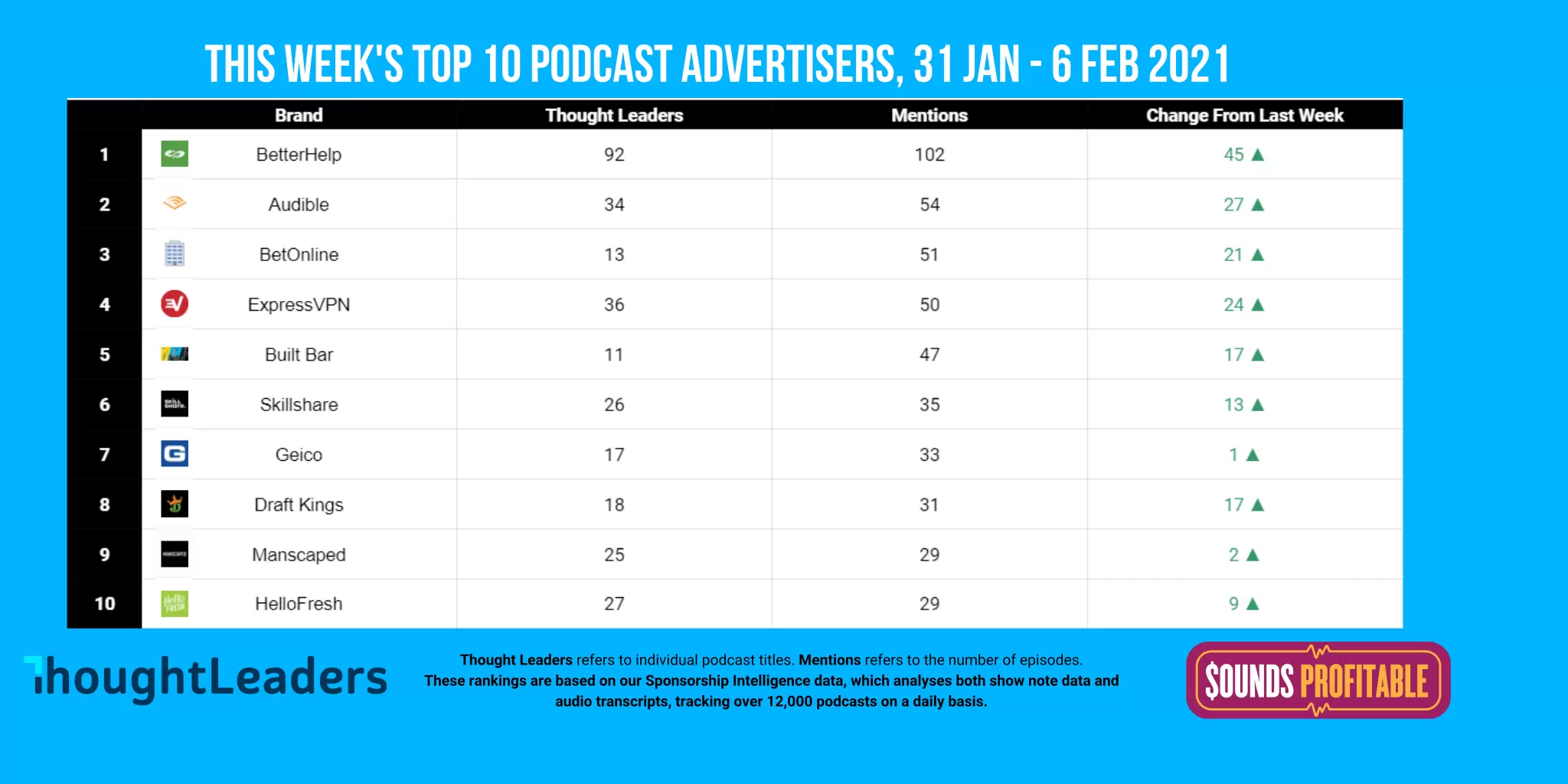
Across the board, we’re seeing increase spending with all publishers, as Q1 budgets start hitting their stride. Four advertisers from last week were replaced this week with new brands, and the #10 spot increased by 9 mentions, giving you an idea of the type of growth required to stay in the top 10, according to ThoughtLeaders. Hit reply and let me know what you’re seeing.
Product Deepdives
Next week, on February 18th, our Product Deepdive with Adswizz will be available on demand, alongside your Thursday edition of Podnews. Want to be reminded about the event, register here!
In the first of four product deepdives with Adswizz, we’ll focus heavily on how brands and advertisers can benefit from using the Adswizz platform to plan and run their campaigns.
If you missed our other product deepdives, with Podscribe and Trition Digital, you can find them on demand on our website. Definitely let us know what you think!
Things to Think About
I highly recommend all my subscribers also subscribe to Podnews. Last week, I found a few pieces of information that caught my attention.
- Gears are moving to have a podcast based conversation about privacy features for the podcast namespace.
- You’ve got a month to go, but don’t sleep on registering for The Infinite Dial webinar, from Edison Research and Triton Digital.
- In response to a Twitter thread, Simplecast shared that not only did they hire an accessibility consultant to improve interaction with their tools, but they’re open to collaborating with any hosting provider to share what they learned.
- Faiz Fadzil of Metronome created a free landing page for the Sounds Profitable podcast.

